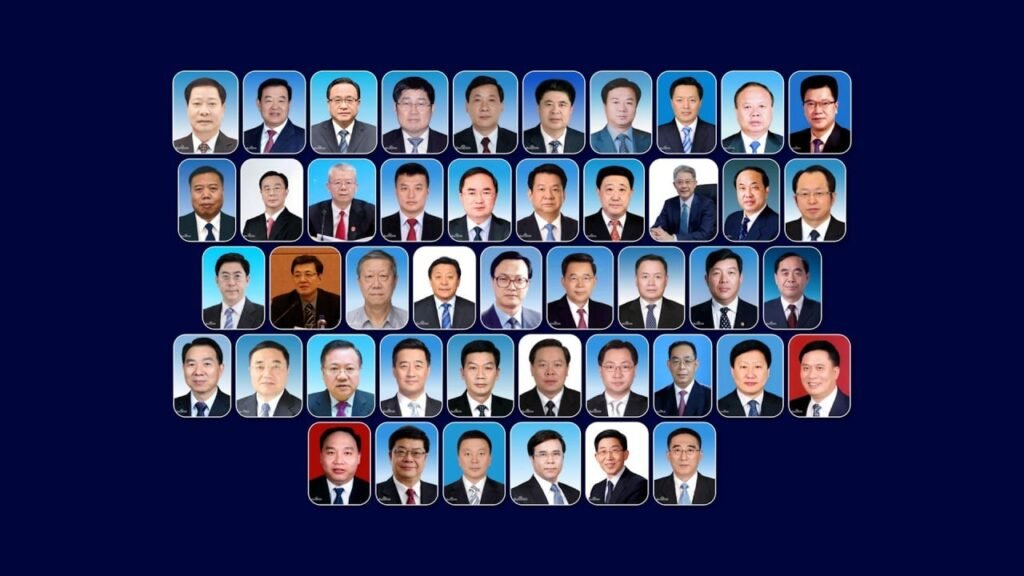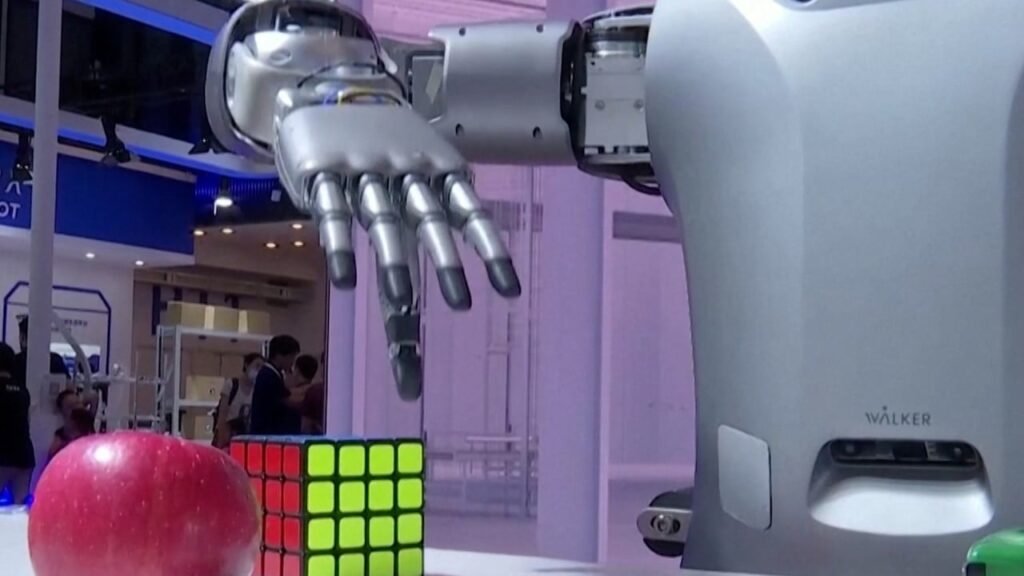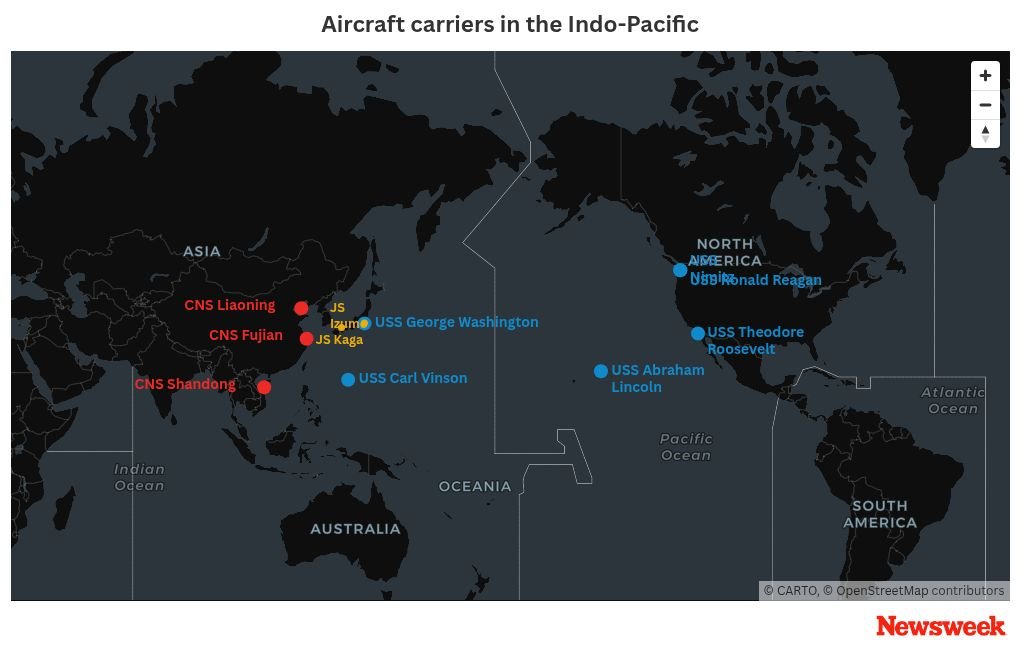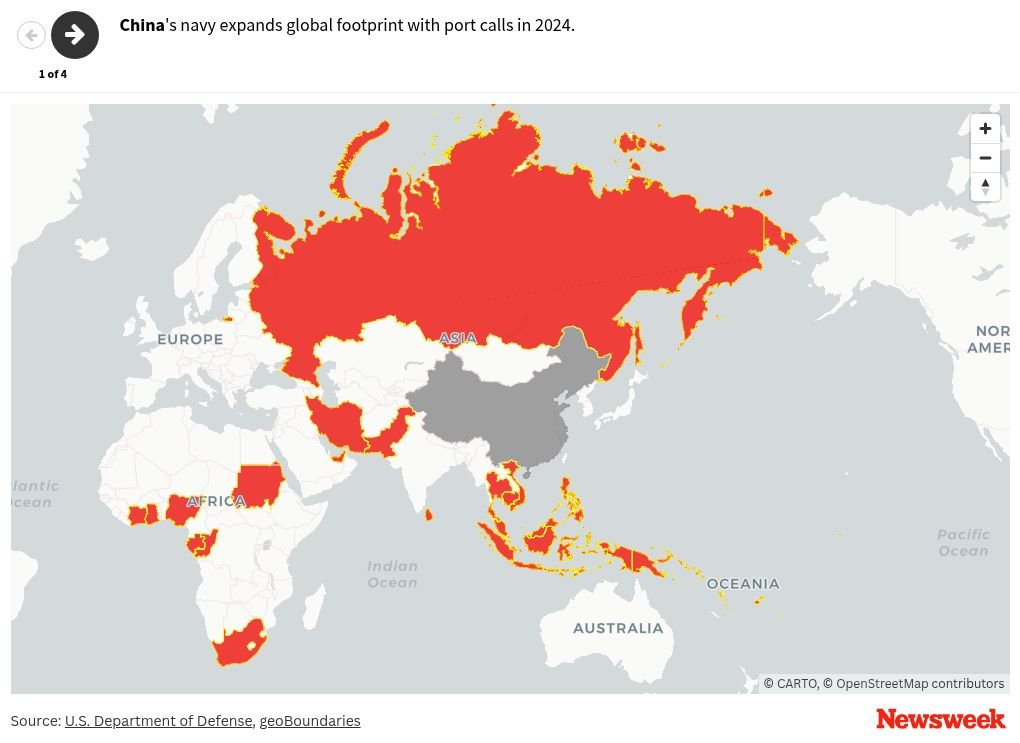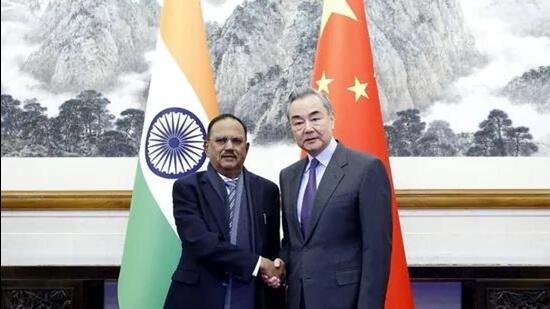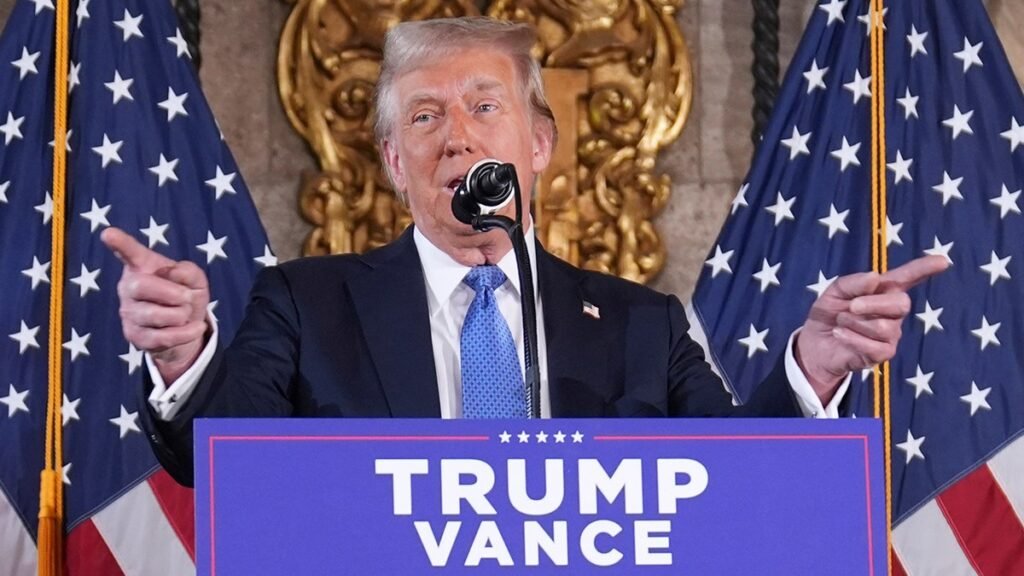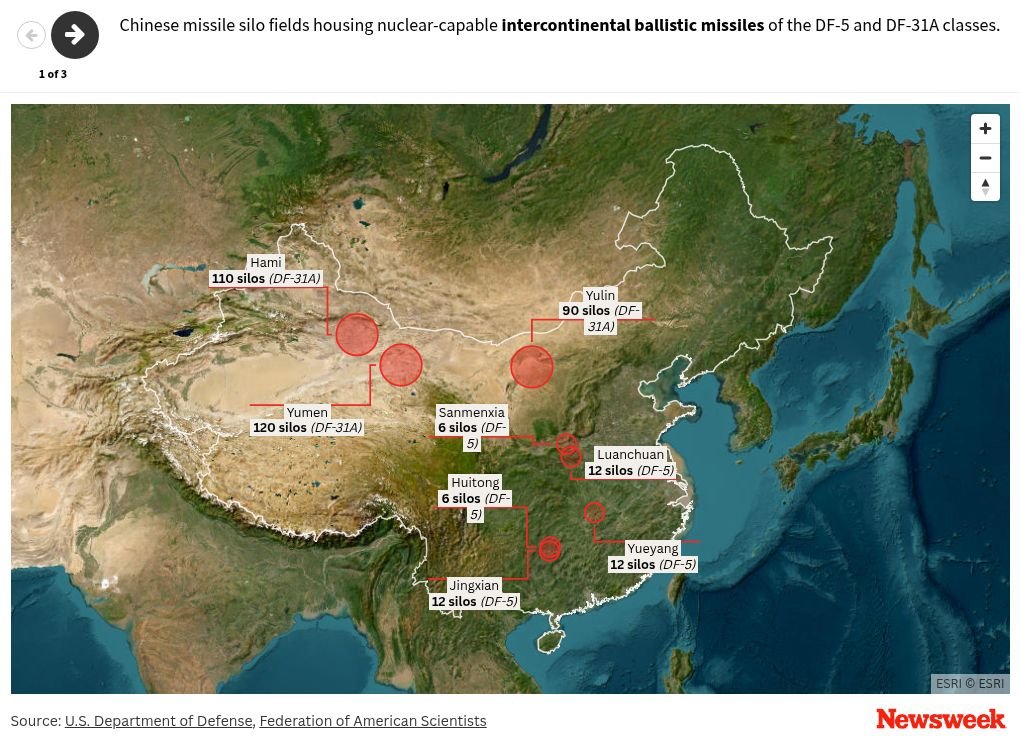The State Department has announced that the United States and China have amended and extended their bilateral Science and Technology Agreement (STA) for five years. Initially signed in 1979 by President Jimmy Carter and Chinese leader Deng Xiaoping, the deal was designed to foster cooperation in agriculture, energy, space, health, and the environment.
U.S. officials say the updated accord, which took effect retroactively on August 27, excludes “critical or emerging technologies” and narrows the previous scope of collaboration. A State Department official said new “guardrails” aim to ensure reciprocity, transparency, and openness.
Chinese Foreign Affairs Ministry spokesperson Mao Ning told reporters in February that the nature of science and technology exchanges is “mutually beneficial and a win-win.”
China’s rapid rise as a scientific powerhouse is due to massive government investment in R&D, a strong focus on STEM education, and a extensive pool of skilled researchers. The nation leads in fields like AI, robotics, and computer vision, with Chinese scientists producing a growing number of highly cited papers. Strategic initiatives and international collaborations have further bolstered its innovation, positioning China as a key global competitor to the U.S. and reshaping the landscape of scientific and technological advancement.
Because of China’s scientific dominance and growing suspicion in the U.S. over China’s strategic intentions, calls for tighter safeguards and more stringent oversight in collaborative scientific ventures have intensified. The STA has faced growing scrutiny in Congress over fears that joint research might bolster China’s military capabilities. Lawmakers raised concerns about projects that could have dual-use applications, including drone imagery analysis for irrigation management. The agreement, renewed roughly every five years, received two short-term extensions in August 2023 and February 2024 as negotiations continued.
Under the amended terms, the accord focuses on essential weather, oceanography, and geology research. It will support U.S. agencies working on issues from tsunami warnings and influenza data to air quality and pest management. Proposed collaborative projects are subject to approval by the State Department and a broader interagency review led by the White House, with mechanisms in place to resolve disputes and terminate projects if necessary.
Despite added safeguards and intellectual property protections, critics remain wary. Concerns persist over China’s data laws and the risks they pose to U.S. researchers. High-profile opponents, including Republican lawmakers, have called for stronger measures to protect American scientific interests and prevent Beijing from exploiting shared research for military gains.




